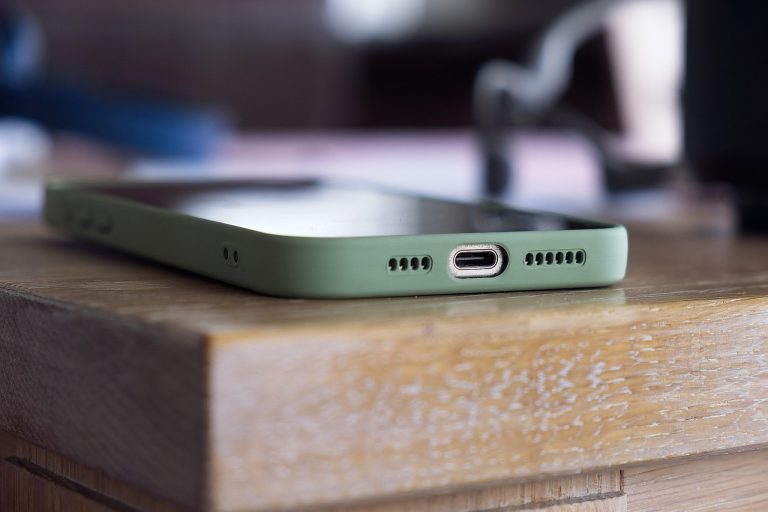How Many Days Are Truly Yours? Discovering the Power of Personalized Planning

Time is a curious thing. It slips through our fingers faster than we realize, yet we often treat it as if it’s limitless. Between work, social commitments, and personal goals, it’s easy to feel like we’re constantly running behind. But what if there were a way to take a step back, truly see how your days unfold, and regain a sense of control over your schedule? That’s where thoughtful planning can transform not just your calendar, but your entire life.
Take Control With Thoughtful Planning
Planning isn’t just about listing tasks or marking deadlines. It’s about creating a framework that aligns with your personal rhythms, priorities, and energy levels. One of the most effective ways to do this is by using a calendar maker. A good tool allows you to visually map out your time, balance obligations with leisure, and make room for what truly matters. Beyond functionality, it can also spark creativity customizing layouts, adding meaningful dates, or highlighting personal milestones turns a simple schedule into a living reflection of your life.
Consider Sarah, a freelance designer who used to struggle with overwhelming deadlines and missed appointments. Once she started mapping her projects, social events, and personal downtime into a visually organized calendar, she noticed a dramatic shift. Not only did her productivity improve, but she also felt less stress and more satisfaction in her daily routines. This is the magic of visualizing your time: it turns abstract hours into actionable, intentional blocks that work for you.
The Psychology Behind Personalized Scheduling
Humans aren’t wired to multitask endlessly. Research shows that breaking your day into structured, manageable segments can improve focus, reduce anxiety, and even boost creativity. When you use a calendar tailored to your habits, you’re essentially setting up a support system for your mind. It’s like giving yourself permission to prioritize without guilt.
For example, scheduling a morning block for deep work can help you tackle challenging projects when your cognitive energy is highest. Afternoon slots for meetings or collaborative work allow for social engagement without draining your creative reserves. And evenings reserved for self-care reading, cooking, or unwinding ensure that burnout doesn’t creep in unnoticed.
Personalized scheduling also reinforces memory. Writing down important tasks, anniversaries, or goals creates a visual cue that strengthens recall. This is why many high achievers swear by their carefully curated calendars: it’s more than planning, it’s an externalized memory system that keeps their lives running smoothly.
Tips for Making the Most of Your Calendar
- Color-Code Categories: Assign colors to work, personal, social, and wellness activities. A glance at your calendar gives you a sense of balance without overthinking.
- Set Realistic Goals: Overloading your schedule can lead to frustration. Prioritize the most important tasks and allow breathing room for flexibility.
- Include Micro-Moments: Don’t just schedule big projects. Short blocks for reading, a walk, or journaling can significantly enhance well-being.
- Review Weekly: Take time every Sunday to reflect and adjust. Weekly planning keeps you proactive rather than reactive.
- Make It Enjoyable: Use visuals, stickers, or themes that make interacting with your calendar a pleasurable experience, not a chore.
These simple strategies can transform a blank page into a tool for intentional living, helping you reclaim time and feel more in control.
Embracing the Freedom of Intentional Living
At its core, scheduling isn’t about rigidity it’s about freedom. By intentionally designing your days, you create space for growth, joy, and connection. Every hour becomes an opportunity, every week a chance to align actions with values.
Time is the most democratic resource we have: everyone gets the same 24 hours. How you use it, however, determines the quality of your life. By approaching your schedule thoughtfully, visualizing commitments, and carving out personal priorities, you can stop feeling like life is happening to you and start shaping it yourself.
When we view time as a resource to be cultivated rather than a list of obligations, it opens doors to creativity, mindfulness, and fulfillment. The right planning tools, combined with conscious intention, turn an ordinary calendar into a roadmap for a meaningful life.

